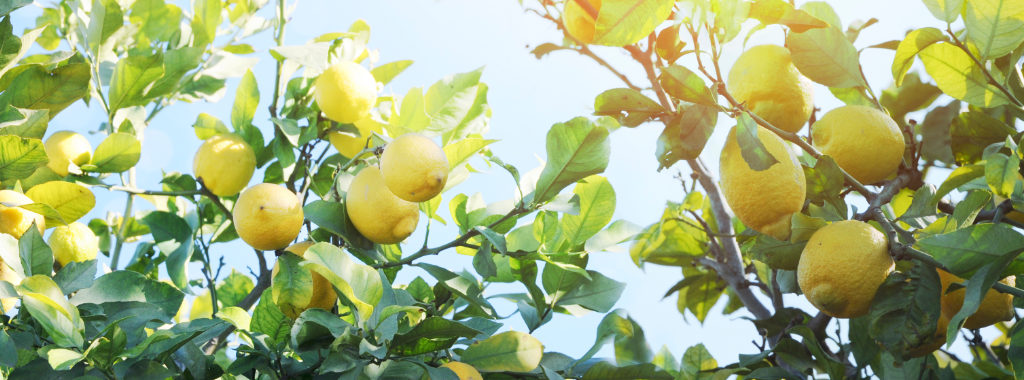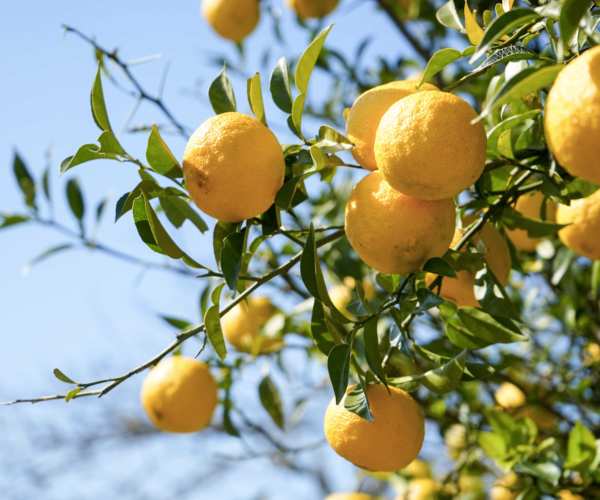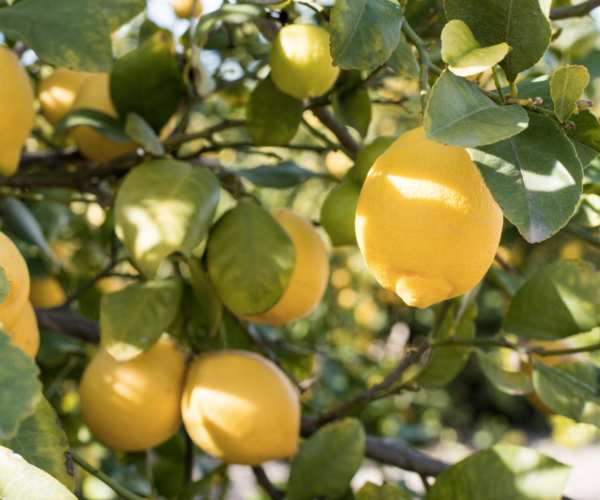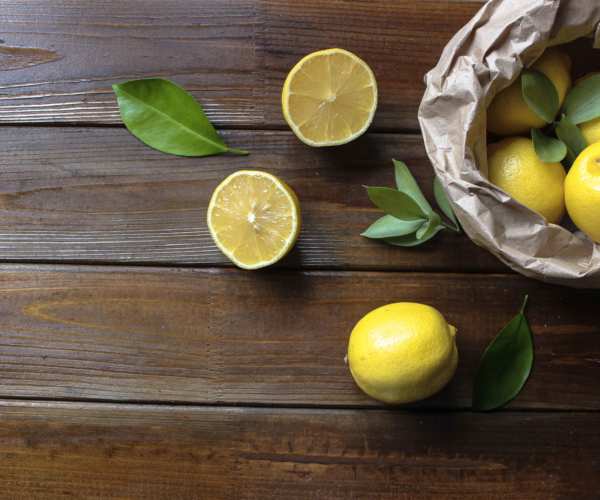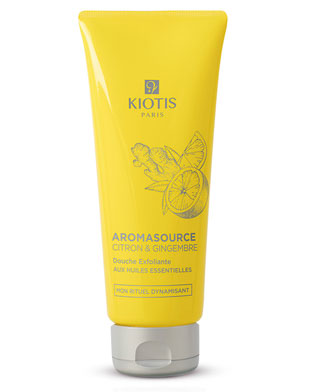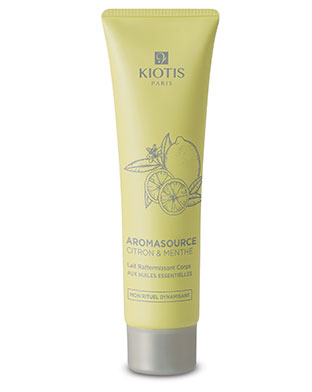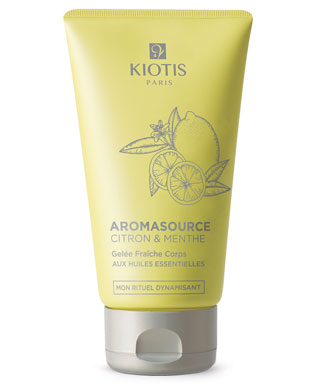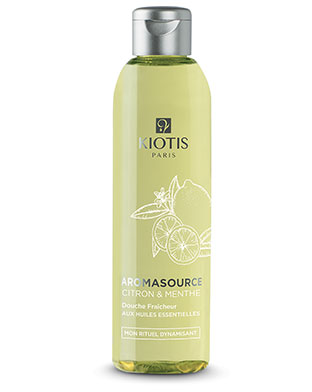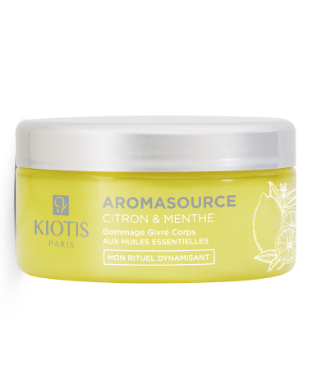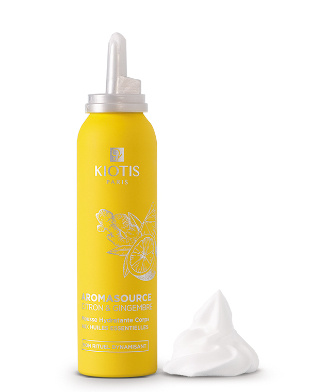Presentation

Italy

Fresh and lemony

Fruit zest
Benefits
Deep regeneration
Botany
Originally from India, the lemon tree is now cultivated in southern Europe, mainly in Spain and Sicily, as well as in California.
History
The Mesopotamians already knew of the lemon 4000 BC.
In Genoa, in the mid-15th century, the first real lemon culture was created and it was not until the 18th century that lemons were used to flavour foods and drinks.
The lemon enjoyed a great reputation among Latin, Greek and Arab doctors who saw it as an antidote for venom, poison and as a preventative against epidemics.
The emperor Nero, obsessed with the fear of being poisoned, was an avid lemon consumer.
Athenaeus praised the antivenomous power of lemons... Legend has it that two convicts who were to be put to the vipers had the idea of eating lemons. Completely immune, the reptiles' terrible bites had no effect on them.
Properties
Lemon Essential Oil is known for its antiseptic and cleansing properties due to its limonene rich composition (70%).
The Kiotis laboratory has shown, through in vitro scientific tests, that Lemon Essential Oil regenerates the skin by stimulating cell renewal.
Acting in depth, it prevents the signs of ageing.
Did you know?
The lemon tree blooms and bears fruit all year round. It provides about 1500 to 3000 lemons. 250 kg of peels are needed to produce 1 kg of essence. In other words, about 1 ton of fresh peel is needed for 3 to 5 kg of essence.
